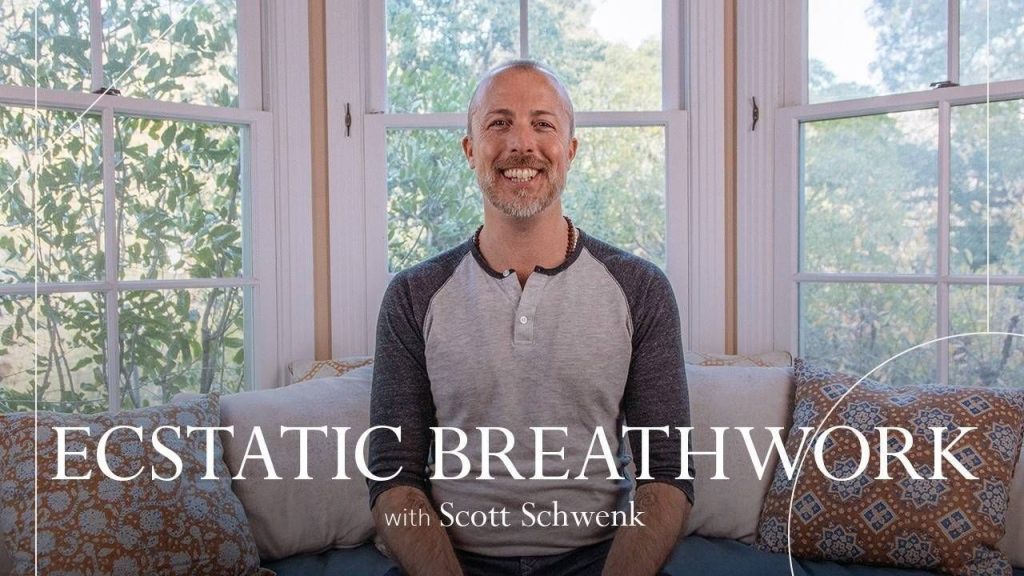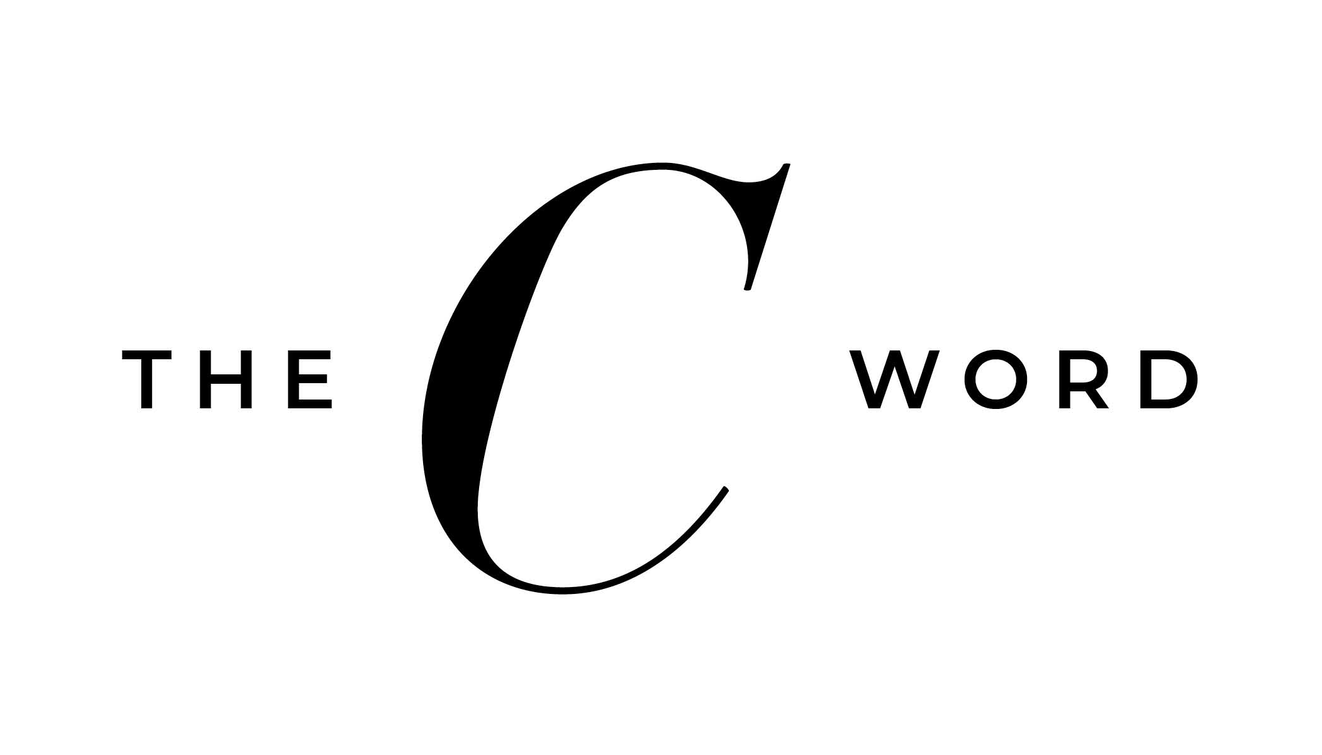No, it’s not THAT C-word, (a word I have been rightly reprimanded for using in anger, arrogance, and for sheer shock value), the C-word I’m talking about is Calling.
I started thinking about the word calling this morning. It was suggested by my meditation teacher, Scott Schwenk, a man I have never met or spoken to, a man I hear only as a deeply embodied voice via my headphones, coaxing me to presence each morning though a variety of breath-work, contemplative, and meditation practices. I practice daily not because I want to, but because I need to.

Practice helps me take responsibility for how I show up in the world, not just for my family and friends, but also for the checkout person at Trader Joe’s, the intimidating handler at the Amazon Returns desk, and most of all, for myself, (the one with the capital S), because for the majority of my life, I wasn’t able to be there for her, and consequently not a lot of others, too.
Calling isn’t cosmic. It’s not something to earn. It’s actionable- a daily practice of aligning my better self with my still growing one to bring a better me forward each day.
Breathing helps me to quiet my nervous system and get still. It helps me return to a place of wholeness, the one that existed before life’s necessary nicks and wounds.
In his book, The Myth of Normal, Trauma, Illness, and Healing in a Toxic Culture, Dr. Gabor Mate describes the creation of these wounds as not so much as what happens to us, but our reactions to them.

While he differentiates between Big T trauma and Little T trauma, all trauma impacts our perception of life.
No matter where we may fall on that continuum, from suffering outright abuse to being raised by loving parents who unwittingly failed to support us the way we needed, trauma, left unrecognized, distorts our consciousness.
These wounds may lie dormant for years until something seemingly unrelated triggers a roaring reaction, or they may form rigid scars, leaving us numb, disconnected, and inflexible. If not acknowledged, all wounds undermine our capacity for wholeness, authenticity, and continued growth.

Unhealed trauma may manifest in relationship troubles, depression, anxiety, and addiction.
I’ve experienced all of the above.
My response was to overwork, over drink, and over intensify everything. This constant state of flux helped to tamp down a nagging certainty that I was, at root, ‘not okay.’
It was not possible for me to sit still.
Instead I created and ran a successful business, married, divorced, dated, all the while attempting to raise my boys.
For a long time my busyness paid off. Then, one day didn’t.
It was beyond burnout, it was spiritual bankruptcy.
All those years chasing “success” when what I’d truly longed for was significance.

Since selling my business, I’ve had time more time to read, write, and reflect. John Ortberg’s quote showed me how I’d put the cart before the horse. My driving workaholism wasn’t proactive- it was protective. Significance is an inside job.
Work helped medicate my unfinished business from childhood. In my case it was centered around my adoption.
It didn’t matter that I was raised by parents who truly loved and cared for me, I couldn’t get over feeling abandoned. If my own mother didn’t want me, what was I worth?
Shame is a merciless teacher, a bullying, manipulative liar. You can either believe shame’s lies or you can dare to look beneath them. The power of any bully is the power we give them.
Praying helped. I asked for courage and clarity from Spirit, God, the Big Kahuna.
She told me to settle down, get quiet and listen. She told me to learn to be present.

In his book, Storyworthy, elementary school teacher and professional storyteller, Matthew Dicks, invites readers to do something called “Homework for life.” This entails noting one small interaction or observation daily- experiences that not only help ground us in the present, but with one another, too.
“It only takes five minutes to drop a sentence or two into a spreadsheet about something (anything) that touched you during the day,” he writes, “yet most people won’t do it. Instead, they’ll spend two hours watching television.”
I get it. I love to watch television, or check emails or social media…

Cultivating presence in this way is not only fun, it’s become a reliable spiritual practice.
I now look for those small but powerful moments not only to ground me, but to elevate me. Grace, compassion, and kindness are easier to access in real time.
As a recovering Baptist, it’s also a good reminder that Wednesday is just a good a day to say AMEN as Sunday. Why starve for those big AH-HA moments, when all the small in-between moments are the ones that feed us?
Doing “Homework for Life” is just one example of spiritual practice. Tuning into our breath, taking a walk, telling someone they matter, turning off the phone at the dinner table… There are a myriad of simple acts to help us open to presence and grace.

My new C-Word is Calling- the verb kind, not the noun kind.
It isn’t grandiose- it isn’t religious. It’s excavating buried treasure, celebrating the simple, and taking time to recognize one other with authenticity and kindness.
In a world torn apart by disconnect and suffering, we have to try. Nothing changes until we do.
Jewish sage, Rabbi Hillel wrote, “In a place where no one behaves like a human being, you must strive to be human!”
He also asked, “If I am not for myself, who will be for me? If I am not for others, who am I? And if not now, when?”
These questions are still relevant today, and he wrote them in the 1st century, BC.
Who are we? What to we want for our children? What do we owe to our planet? What can we do individually to shift collectively?
It’s a question about responsibility. It’s a mandate to be human. But first, we must hear the call.

Oh, Tina. This is so beautifully raw and honest. I can relate to all of this. You’re a gifted writer with the clarity to not only delve into your own heart, but help others into theirs.
Like you, I have struggled for years to be still . To slow down. To talk and move more slowly. To breathe deeply. I’m finally figuring this out at age 65!
Thank you for sharing your story and for your gift of writing. Bless you, your journey and your book!💕🙏🏼
LOVE IT Tina! I’m so blessed to have you in my life. Thank you for sharing your journey with us. <3
Tina,
I am so blessed to call you Sister. You have so wonderfully revealed the depth of your soul and the beauty of doing the work necessary to be best for ourselves and the world.
You are a gift directly from Spirit and I will be eternally grateful to be in your orbit😍
LOVE YOU SISSY
Wow. You are a treasure chest of wonderful thoughts. My journey in this world has been strengthened by your friendship and deep understanding. Love you.
Ditto, brother.